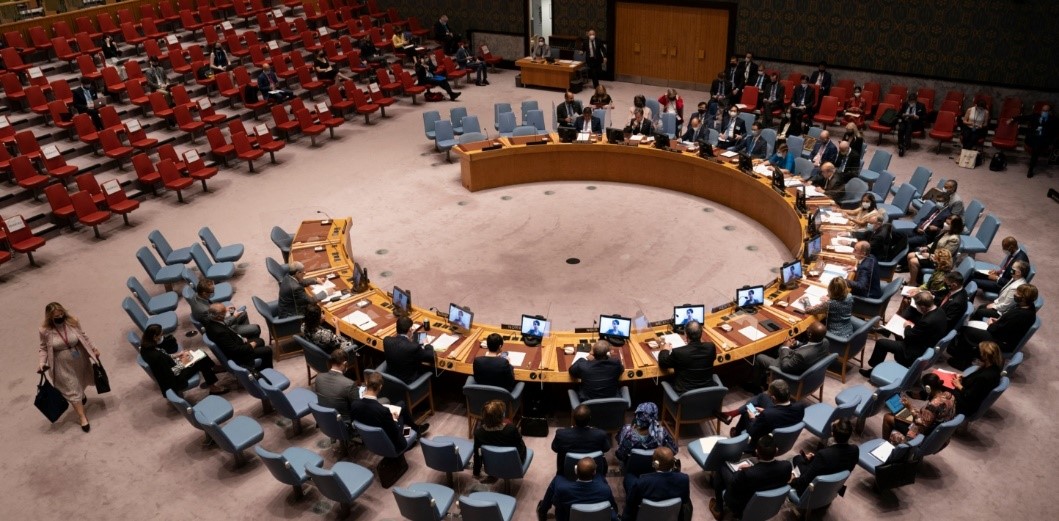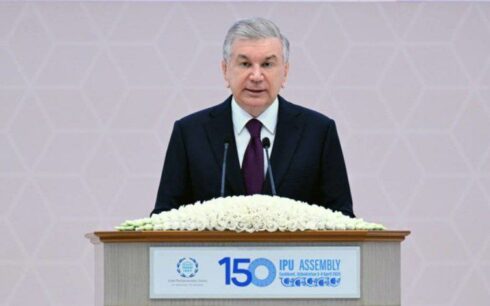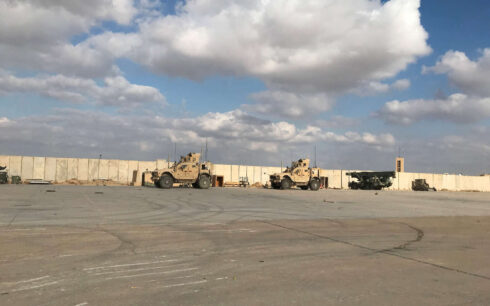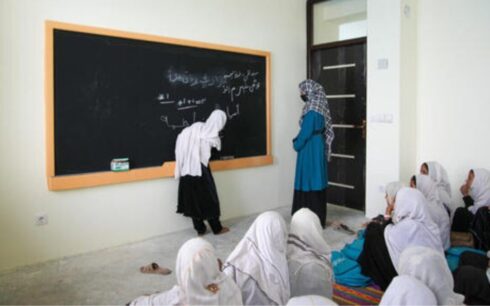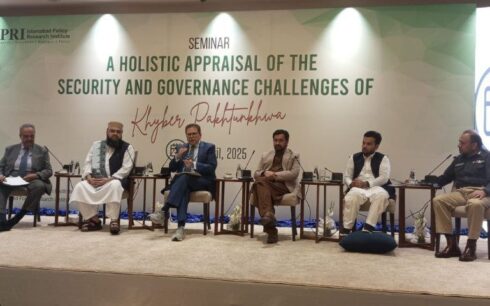UNITED NATIONS — The UN Security Council is scheduled to convene Friday afternoon to deliberate on the report by the UN Secretary-General concerning the situation in Afghanistan. The session will also consider the potential extension of the UN Assistance Mission in Afghanistan (UNAMA), whose current mandate concludes on March 17.
Nasir Ahmad Faiq, the Chargé d’Affaires of the Afghanistan Permanent Mission at the UN, indicated that the Security Council is anticipated to renew UNAMA’s mandate for an additional year.
Women’s rights advocates have voiced their dissatisfaction with UNAMA’s efforts in Afghanistan, arguing that the agency’s work during the Taliban’s nearly three-year rule has not resulted in tangible improvements in the country.
In his recent report, Secretary-General António Guterres highlighted internal conflicts within the Taliban leadership and noted the absence of advancements toward political inclusivity. Moreover, he reported that restrictions on women and girls have significantly increased.
Mawloda Tawana, a women’s rights activist, criticized the UN’s approach, stating, “Regarding the situation in Afghanistan, intense restrictions on women and the people of Afghanistan, they [the UN] have only remained within expressing sorrow and providing figures. There has been no practical step regarding the practical steps.”
The Security Council members are expected to pass a resolution extending UNAMA’s mandate.
Hadia Sahibzada, another women’s rights activist, argued for a different strategy: “Instead of making reports, UNAMA should urge the UN, human rights organizations, and countries to impose sanctions on the Taliban instead of engaging with this terrorist group.”
Throughout its tenure following the Taliban’s ascension to power, UNAMA has submitted reports detailing the state of human rights, particularly regarding women and girls, the Taliban’s governance, security, humanitarian, and economic conditions in Afghanistan, and has suggested ways to mitigate the situation. These findings have been incorporated into the Secretary-General’s quarterly report to the Security Council.
Moreover, UNAMA has coordinated the distribution of humanitarian aid in the country among UN agencies.
Wahidullah, a Kabul resident, appealed to the UN, “We call on the UN to defend the rights of the women of Afghanistan and, in general, the people of Afghanistan. Human rights should not be violated. The problems of the people should be echoed so the world understands what is happening in Afghanistan.”
UNAMA has also served as a liaison between the Taliban and the international community, especially in light of the UN’s strategy for Afghanistan’s reintegration into the international system. Despite these efforts, attempts to persuade the Taliban to accept the appointment of a UN special envoy for Afghanistan and participate in a UN-hosted meeting in Doha have not succeeded.
While the Taliban has resisted the establishment of any UN agency beyond UNAMA, the Mission itself has emphasized the need for appointing a UN special envoy for Afghanistan.
The UN is contemplating a third round of discussions among special envoys on Afghanistan in Doha to discuss the appointment of the UN special envoy.

